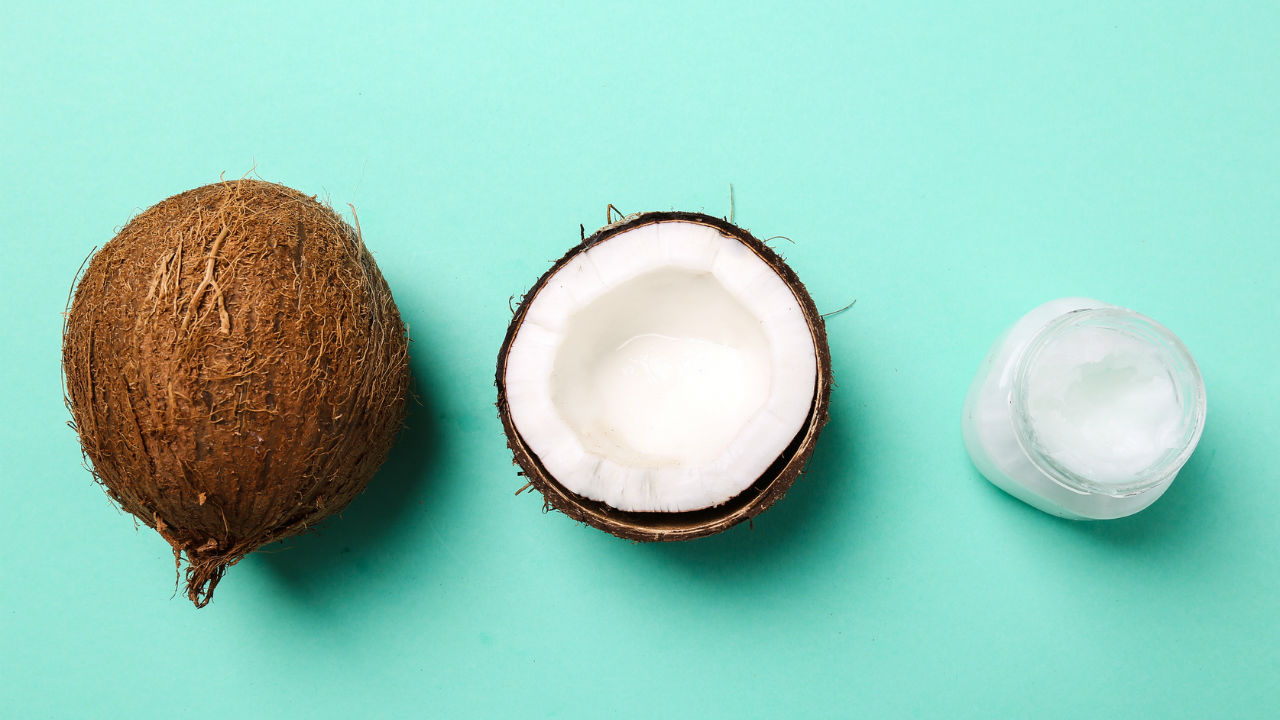When was the last time your healthcare practitioner ran a CRP-hs? This little marker of inflammation stands for, C-Reactive Protein, highly sensitive. When your body comes up against any kind of injury, bacteria, virus, fungus or worse, it produces inflammation. This inflammation causes you to have all kinds of symptoms, such as joint pain, body aches, muscle pain, fatigue, weight problems, heart problems, and more.
Running this test may give you an indication of the level of inflammation you have in your body AND the potential for long term disease process you may acquire because of it. Researchers are looking to CRP for predictors in atherosclerosis (when plaque fills up your arteries), stroke, angina, heart attack, and peripheral arterial disease.
Remember that inflammatory injury can be caused by everyday events such as smoking (or second-hand smoke), high blood pressure, poor diet with high fat and high sugar intake, diabetes (or pre-diabetes), autoimmune conditions (lupus or rheumatoid arthritis) and stress. These events set off a signal in your body that something is wrong and your body responds via your immune system. When your immune system reacts it creates inflammation causing your CRP level to elevate.
A CRP-hs under 1.0mg/L is very good – it means you have very low risk. However, a between 1.0 – 3.0mg/L is that of average risk and anything above 3.0mg/L is high risk.
So how does one lower CRP? By decreasing inflammation of course!
First, start with diet. Go for low sugar, lower carb, high in vegetables and fruits. Opt for healthy, organic meats and fats such as olive oil and avocado. Remove the processed sugar in your diet, par down your fancy coffee drink full of syrup, whip and sugar, and start drinking more water. Avoid fried foods, and high fat options such as salad dressings, mayo, and French fries.
Eat cold-water fish such as salmon or take a good quality Omega-3 fish oil that has a healthy dose of EPA/DHA in it. Choose antioxidants such as berries or opt for a supplement blend that includes things such as Vitamin C, Vitamin E, resveratrol, astaxanthin, beta-carotene, and CoQ-10.
Eliminate food intolerances by avoiding wheat/gluten, dairy, and soy. Drink enough water and limit your alcohol intake.
Work with your healthcare provider to determine why the levels are elevated and what you can do to keep them within a healthy range so you can avoid the long term problems.






Add a CommentComments
There are no comments yet. Be the first one and get the conversation started!